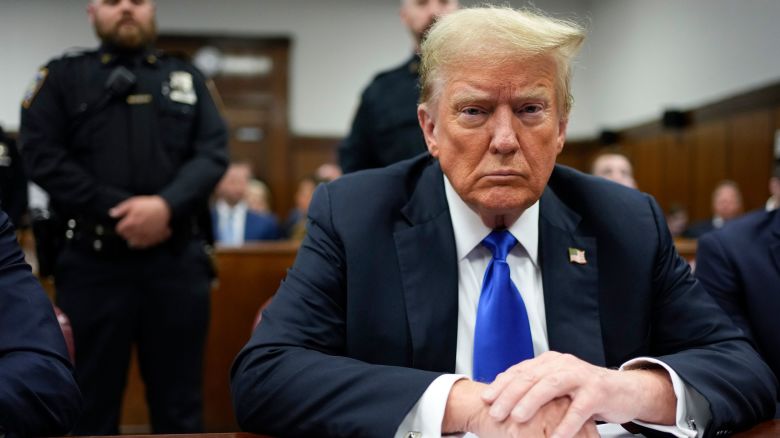President Donald Trump took his contentious bid to end birthright citizenship in the United States to the Supreme Court on Thursday.
Trump’s executive order seeking to end birthright citizenship, which he signed on his first day in office, was blocked by federal district courts in Maryland, Massachusetts and Washington state.
Birthright citizenship is enshrined in the 14th Amendment to the US Constitution, which decrees that anyone born on American soil is a citizen, and Trump’s order seeks to end it for children whose parents are in the country illegally.
READ ALSO: Trump Threatens 200% Tariffs On EU Wine, Champagne Over Whiskey Levies
In an emergency application with the Supreme Court, the Justice Department sought to narrow the scope of the nationwide lower court injunctions to the individual plaintiffs in the three cases.
The department’s acting solicitor general Sarah Harris described it as a “modest” request and she notably did not seek a ruling from the Supreme Court at this time as to whether eliminating birthright citizenship is constitutional or not.
“Those universal injunctions prohibit a Day 1 Executive Order from being enforced anywhere in the country,” Harris wrote.
“While the parties litigate weighty merits questions, the Court should ‘restrict the scope’ of multiple preliminary injunctions that ‘purport to cover every person in the country,’ limiting those injunctions to parties actually within the courts’ power,” she said.
Trump has been facing legal pushback in courts across the country as he attempts to stem illegal immigration, slash the government budget and reduce the federal workforce.
In his latest setback, a district judge in California on Thursday ordered six federal agencies to rehire thousands of probationary workers who had been fired.
Harris, in her brief with the Supreme Court, also took issue with the number of injunctions on Trump administration moves being issued by district court judges.
“Universal injunctions have reached epidemic proportions,” she said, and are preventing “the Executive Branch from performing its constitutional functions.”
Trump’s executive order ending birthright citizenship was due to come into effect by February 19.
The 14th Amendment says, in part: “All persons born or naturalized in the United States, and subject to the jurisdiction thereof, are citizens of the United States and of the State wherein they reside.”
Trump’s order was premised on the idea that anyone in the United States illegally, or on a visa, was not “subject to the jurisdiction” of the country, and therefore excluded from this category.
Judge John Coughenour, who heard the birthright case in Washington state, described the president’s executive order as “blatantly unconstitutional.”
“I’ve been on the bench for over four decades, I can’t remember another case where the question presented is as clear as this one is,” said Coughenour, who was appointed by a Republican president, Ronald Reagan.
The conservative-dominated Supreme Court, which includes three justices nominated by Trump, is primed to play a significant role as the president tests the limits of his executive power and the judiciary pushes back.
AFP

